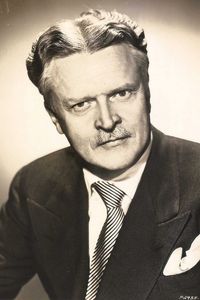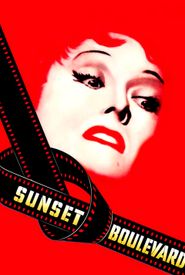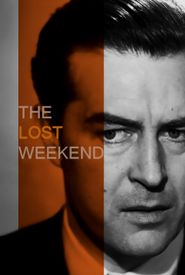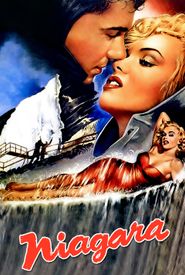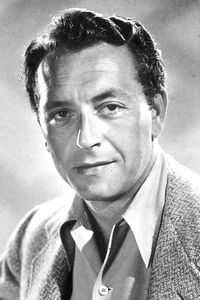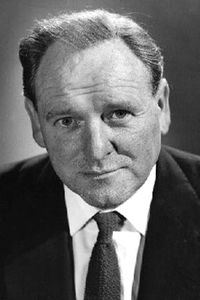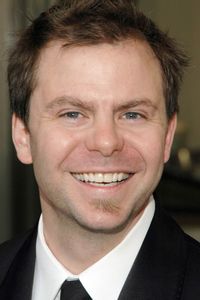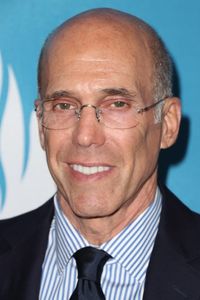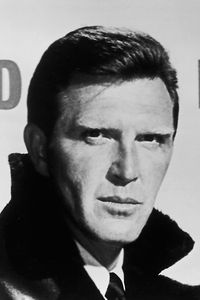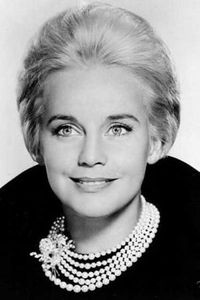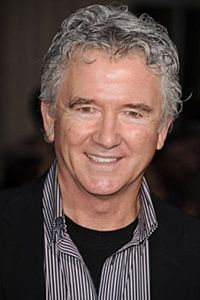Charles William Brackett was a renowned American novelist, screenwriter, and film producer born on November 26, 1892, in Saratoga Springs, New York. He was the son of Mary Emma Corliss and New York State Senator Edgar Truman Brackett, whose family roots dated back to the arrival of Richard Brackett in the Massachusetts Bay Colony in 1629.
Brackett's maternal uncle, George Henry Corliss, built the Centennial Engine that powered the 1876 Centennial Exposition in Philadelphia. He graduated from Williams College in 1915 and later earned his law degree from Harvard University. During World War I, Brackett joined the Allied Expeditionary Force and was awarded the French Medal of Honor.
Before becoming a screenwriter, Brackett was a frequent contributor to various magazines, including the Saturday Evening Post, Collier's, and Vanity Fair, and a drama critic for The New Yorker. He wrote five novels: The Counsel of the Ungodly (1920),Week-End (1925),That Last Infirmity (1926),American Colony (1929),and Entirely Surrounded (1934).
Brackett's career in Hollywood spanned over four decades, during which he wrote and/or produced over forty films. He was a president of the Screen Writers Guild (1938-1939) and the Academy of Motion Picture Arts and Sciences (1949-1955). Some of his notable works include To Each His Own, Ninotchka, The Major and the Minor, The Mating Season (1951),Niagara, The King and I, Ten North Frederick, The Remarkable Mr. Pennypacker, and Blue Denim.
Brackett collaborated with Billy Wilder on sixteen films, including The Lost Weekend and Sunset Boulevard, both of which won Academy Awards for their respective screenplays. He described their partnership as a process where he would suggest an idea, which would be torn apart and rebuilt into Wilder's idea. This collaboration continued until 1950, when Brackett moved to 20th Century-Fox as a screenwriter and producer.
His script for Titanic (1953) earned him another Academy Award, and he received an Honorary Oscar for Lifetime Achievement in 1958. Brackett's diaries covering his screenwriting and social life from 1932 to 1949 were edited by Anthony Slide into a book titled It's the Pictures That Got Small: Charles Brackett on Billy Wilder and Hollywood's Golden Age.
Charles Brackett passed away on March 9, 1969, leaving behind a legacy as a talented and accomplished figure in the world of American literature and film.
